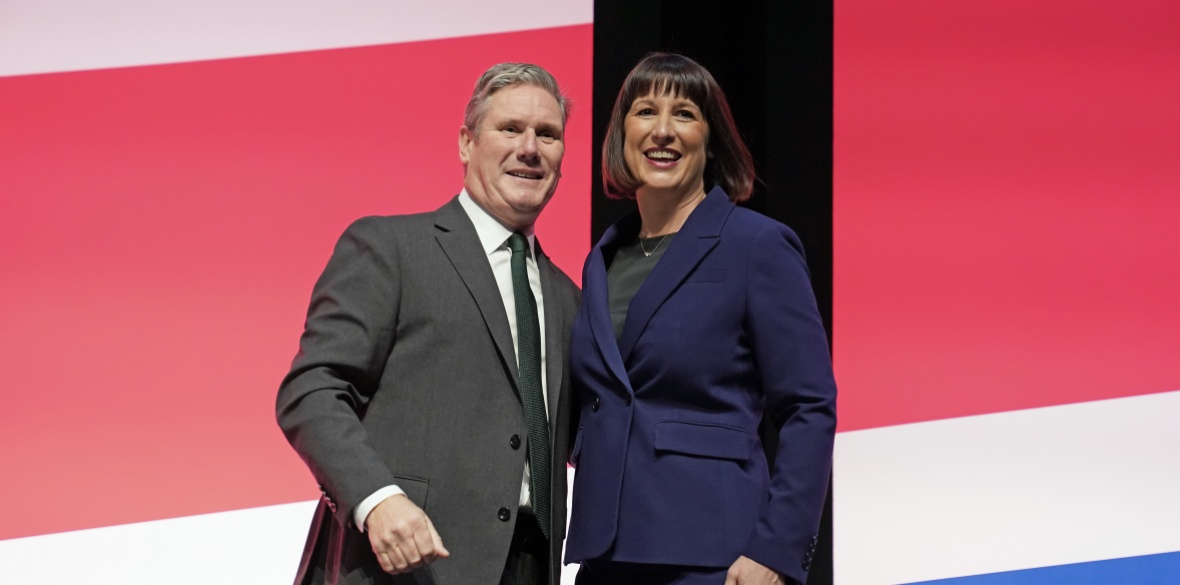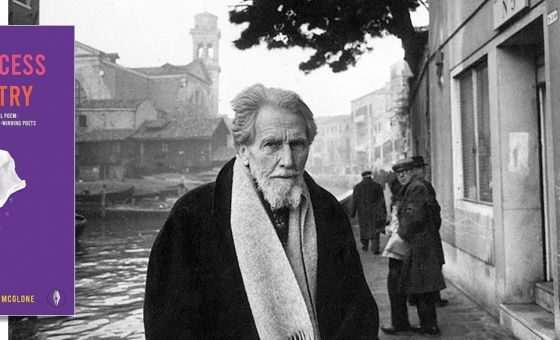This is the last article you can read this month
You can read more article this month
You can read more articles this month
Sorry your limit is up for this month
Reset on:
Please help support the Morning Star by subscribing here
THE Financial Times (FT) has done the sums and found Labour has quadrupled its use of management consultants in the run-up to the election — this is despite Labour’s Rachel Reeves making a big song and dance about the dangers of relying on management consultants.
Taking the money is a U-turn on three crucial areas: privatisation, tax and regulation.
The FT found: “The opposition party received £287,000 in donations of staff time from consultancy firms in the year to September 2023, up from £72,000 in the prior 12 months, according to Electoral Commission data.”
The management consultancies give Labour headquarters “free” staff to help run its offices. Labour took £93,000 worth of “free” staff time from PricewaterhouseCoopers (PwC) and £138,000 worth of “free” secondees from Ernst and Young (EY).
But as the old saying goes, “There’s no such thing as a free lunch” — you might think you are getting something for nothing, but the guy serving up “free” food will make you pay somehow.
The management consultants hand over free staff to Labour because they want to influence policy now on behalf of themselves and their client corporations, and they want to get a foot in the door for when Labour is handing out multibillion contracts when they become the government. They want to shape Labour now and get phone numbers of and friendships with Labour’s key players for the future.
It is only months since Reeves herself promised to cut government consultancy spending in half under a Labour government. This was already a modest proposal — Reeves told Labour’s conference: “We will slash government consultancy spending, which has almost quadrupled in just six years.”
Her plan still leaves consultancy spending twice as high as in 2017. But given Labour’s own consultancy freebies, even this seems unlikely.
Thanks to years of privatisation and outsourcing, the government struggles to “deliver” services. Where once the government could, say, found an entire health service, or launch a new public-sector bank, now it struggles to create anything.
Every time there is a new social demand or a new programme to launch, the government can’t find any “in-house” experts, so leans on consultants, who can charge exorbitant rates. They in turn advise on contracting out the new service to their corporate mates, so the government never grows capacity, and the cycle continues.
It’s a kind of learned helplessness that leads the state to act in a masochistic fashion, handing out more work to charlatans with a PowerPoint presentation.
We saw this in a very exaggerated form over Covid. Research by the news Website Open Democracy in 2022 identified £700 million of contracts with consultancies to run Covid-related contracts, with Deloitte, KPMG, EY, PwC, PA Consulting and McKinsey among the top winners.
The government needed to set up new testing, welfare and health services to deal with Covid, but instead of turning to health or local government staff, it turned to consultants. The government did not want to strengthen the state, it wanted to strengthen the “private sector,” so the consultancies got the cash.
Labour used to attack this privatisation. Back in 2020, shadow health secretary Jon Ashworth said it was “truly shocking” Michael Gove had authorised consultants on £7,000-a-day rates to run the Covid “test and trace” service. But now Labour themselves rely on these consultants.
Labour’s relaxed attitude to consultancies runs counter to even quite right-wing Labour MP’s professed attitudes. Back when Ed Balls was shadow chancellor, Labour’s front bench frequently took free staff from PwC to help them develop policy. Between 2010 and 2014 PwC donated over £1m of staff time to the Labour Party.
PwC, like other big management consultants, are also tax consultants. Then-chair of the MPs’ public accounts committee, Margaret Hodge, accused PwC of “selling tax avoidance on an industrial scale” by promoting Luxembourg structures to corporations.
Hodge also said it was “inappropriate” for Labour MPs to take free staff and free advice from PwC. So for a while — until Starmer became leader — Labour stopped using consultants.
During that time, Reeves claimed to have become a critic of the consultancies. Back then, Reeves was viewed as very right wing, especially after she declared in 2015 that Labour was “not the party of people on benefits. We don’t want to be seen, and we’re not, the party to represent those who are out of work.”
She tried to rebuild some credibility in a left-moving Labour Party from her place on the MPs’ business committee, not least by consultancy-bashing.
Consultancies often also have business as company auditors: these are supposed to go through companies’ books and reassure their investors and the public the firms are not hiding anything.
Reeves lashed PwC and EY, which had said retail giant BHS and PFI leader Carillion were just fine, giving them audit green lights just before these companies collapsed.
Reeves said PwC and EY’s failures were at the centre of a crisis in “trust” because: “Faith in business was hit hard by the financial crisis, and the malpractice and incompetence evidenced by executives at BHS, Carillion and several other companies recently has only made this worse.”
Reeves said the consultancies had helped this happen. She linked the consultancies’ behaviour to a wider crisis, saying in 2018: “At the root of so many of the challenges our country faces today is trust. From politicians to journalists to ‘experts,’ a revolt against elites has been driven by a breakdown in trust.”
Reeves argued that “people stopped believing in politicians represented them,” alongside their loss of trust in big business. She said the corporate dishonesty happened as “power and wealth have shifted sharply” from “labour to capital” so “workers” feel “business elites live in another world to them, totally detached from their everyday lives, with no regard for them unless it is how to squeeze more profit from them.”
Reeves warned: “If a system does not work for the majority, if our society continues to feel like it is rigged, then there will be a reaction over which traditional elites will not have control.”
All good points. But the fact that Reeves is part of a leadership that now embraces the consultancies it once castigated surely shows she is less worried about “trust” and more keen about embracing those “business elites” after all.
Follow Solomon Hughes on X at @SolHughesWriter.











